
In 2019, Mr. Vang A Chua's family, Tia Mung village, Noong U commune (Dien Bien Dong district) received a loan of 50 million VND from the District Farmers' Association Fund to develop breeding cows. Mr. Chua bought 3 breeding cows to implement a breeding cow model in the direction of family farms. Up to now, after 4 years, his family's total herd has 15 cows. From 2022, Mr. Chua started selling cows to the market with a quantity of 3-4 cows/year; income from raising cows is about 45-50 million VND/year.
Mr. Vang A Chua said: The Farmers' Association created favorable conditions to support loans and always accompanied, supported, and guided me in the process of raising breeding cows. I raise them in a concentrated manner, have barns; fully implement measures to vaccinate and prevent hunger and cold for the herd. To have enough food for the cattle, in addition to storing straw and hay, I planted an additional 1,000m2 of elephant grass on the field. Thanks to that, the herd of cows is less sick and grows well. Up to now, I have maintained a stable 10 breeding cows, the rest are sold to the market to create a stable source of income for the family.
Similarly, Mr. Sung Sai Gia, Phi Nhu A village, Phi Nhu commune (Dien Bien Dong district) boldly borrowed capital to invest in raising fattened cattle in the direction of family farms. Mr. Gia rented 2 hectares of fields to grow corn and grass, and proactively stored straw after each rice harvest to feed livestock. Thanks to the model of raising fattened cattle, on average, each year Mr. Sung Sai Gia's family earns nearly 100 million VND. According to Mr. Gia, the concentrated livestock model with barns, cattle are less susceptible to diseases and develop quickly.
Aiming to develop large livestock farming into a "key" sector in agricultural economic development, Dien Bien Dong district has issued a specialized resolution on developing buffalo, cow and goat farming. The district People's Committee has implemented many support programs and projects to help people develop and expand their livestock herds such as: Supporting breeding animals, building barns, vaccination, grass seeds... In the past 5 years, the district has implemented 120 models to support production development, diversify livelihoods and many projects to replicate poverty reduction models with a total of more than 3,080 livestock supported for 3,778 beneficiary households; supporting the planting of 146 hectares of guinea grass. The district also regularly trains and improves the capacity of commune and village veterinary staff; fosters knowledge on disease prevention and control for livestock raising households; directing the District Vocational Education - Continuing Education Center to coordinate with Dien Bien Vocational College and the district's specialized departments to open training classes on animal husbandry so that rural workers have knowledge to apply to caring for their family's livestock. Thanks to that, the livestock industry of Dien Bien Dong district has had many positive changes. By the end of June 2023, the total livestock herd in the district reached 70,243.
According to statistics from the Department of Agriculture and Rural Development, currently, the whole province has over 300 mixed farms raising buffalo, cows, pigs and goats; of which there are nearly 290 small-scale farms, 18 medium-scale farms and thousands of effective family farming models. The total livestock herd in the province reaches 545,533 heads, of which: 136,663 buffalo heads; 98,447 cows; 310,423 pigs. Determining that developing large-scale livestock farming in the direction of farms and family farms is a breakthrough, an important content in restructuring the agricultural sector, Dien Bien province has approved the Project "Sustainable development of grass-fed livestock farming in the province for the period 2021 - 2025, with a vision to 2030", with many policies and mechanisms to support people in investing in expanding herd size. At the same time, the Department of Agriculture and Rural Development has directed specialized agencies to preserve buffalo and cow genetic resources to select good breeds; strengthen guidance for farmers to participate in effective livestock development models; and focus on vaccination to prevent diseases.
Source






![[Photo] Closing of the 13th Conference of the 13th Party Central Committee](https://vphoto.vietnam.vn/thumb/1200x675/vietnam/resource/IMAGE/2025/10/08/1759893763535_ndo_br_a3-bnd-2504-jpg.webp)

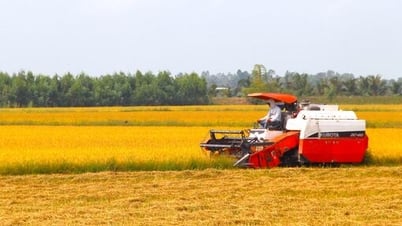

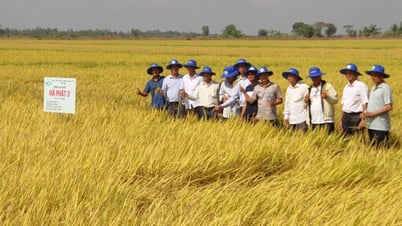
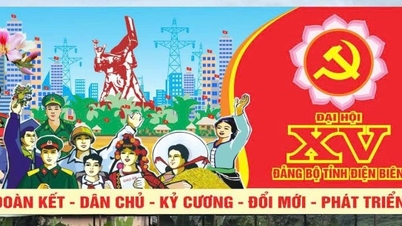



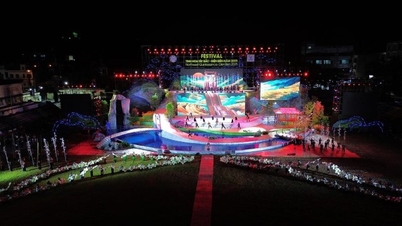







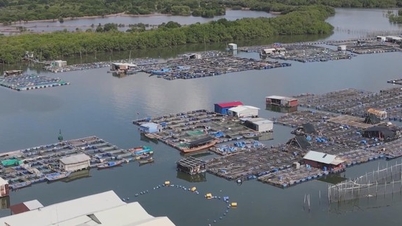

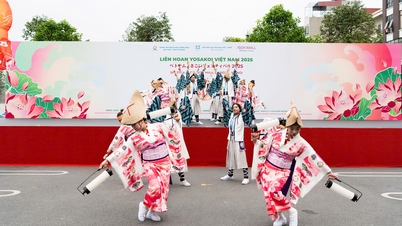




































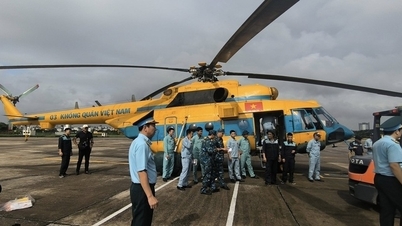






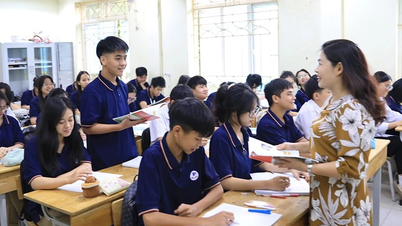

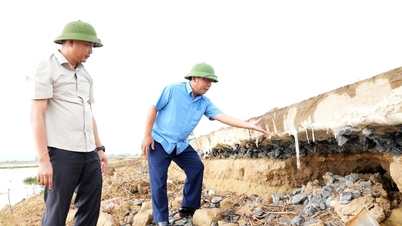


















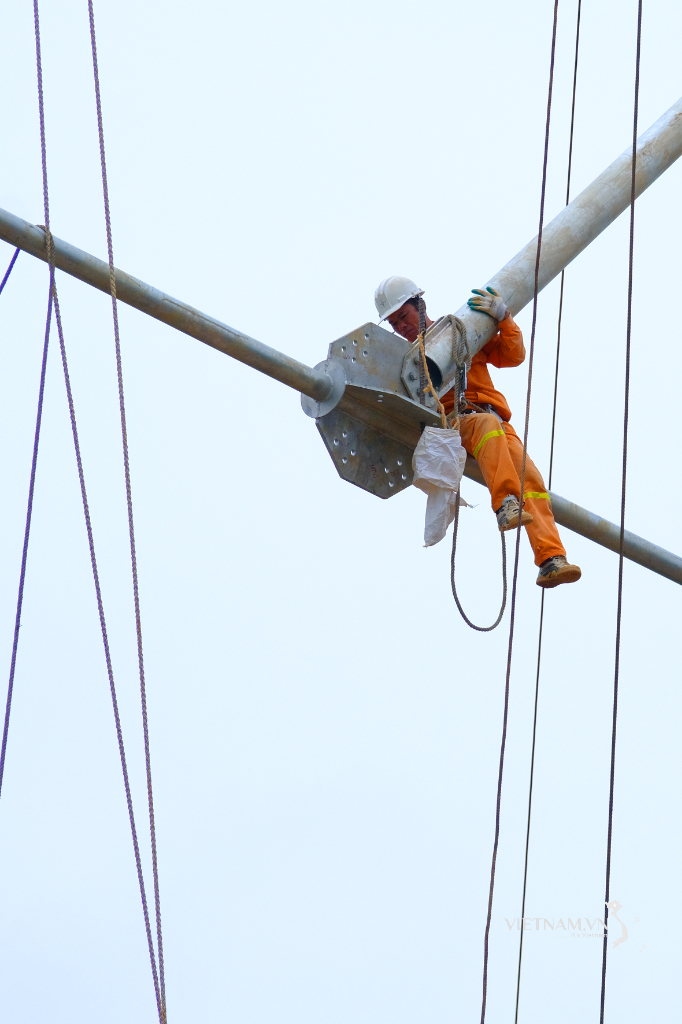


Comment (0)